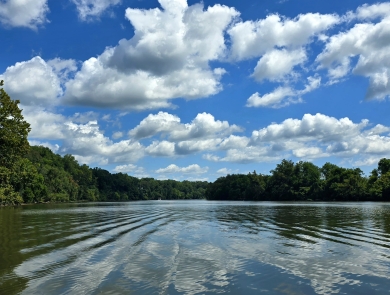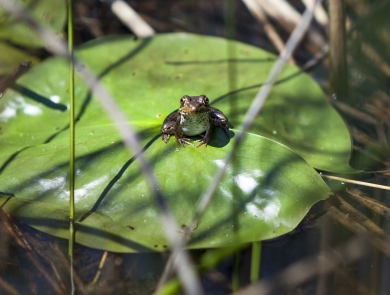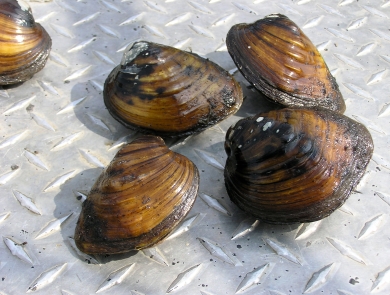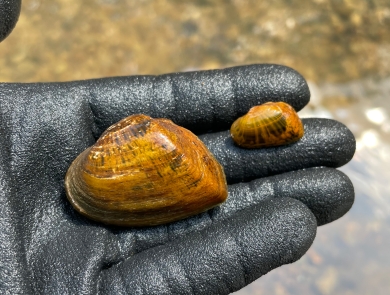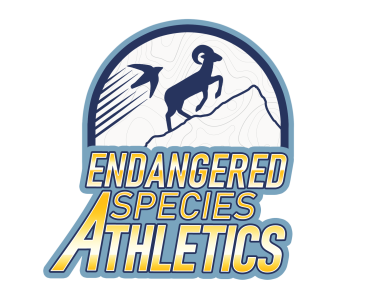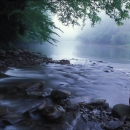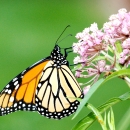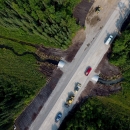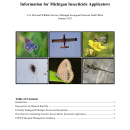What We Do
We work with others to restore wildlife habitat and populations, including though endangered species recovery efforts. Our office reviews hundreds of project plans within Michigan each year so planners can move forward while meeting the requirements of several federal laws. We work to understand and make the public whole for damages caused to natural resources from the release of environmental contaminants. We administer certain grants and provide technical assistance, including through our Coastal Program.
Our Organization
Our Species
The Michigan Ecological Services Field Office works to prevent the extinction and recover our nation’s most imperiled species. We focus our efforts on many species, including the piping plover, Mitchell’s satyr butterfly, Poweshiek skipperling, Kirtland’s warbler, bald eagles, freshwater mussels and many more.
Get Involved
Many opportunities exist to help to restore and protect wildlife and native plants in Michigan. Consider providing habitat for pollinators, bats and other beneficial species by using native plants in your garden. Help wildlife thrive by being a responsible pet owner, gardening organically and preventing the spread of invasive species invasive species
An invasive species is any plant or animal that has spread or been introduced into a new area where they are, or could, cause harm to the environment, economy, or human, animal, or plant health. Their unwelcome presence can destroy ecosystems and cost millions of dollars.
Learn more about invasive species .

